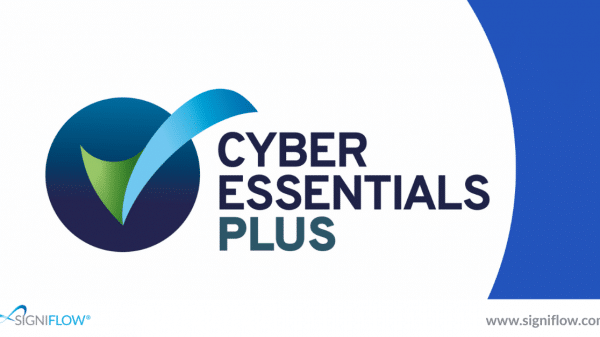Understanding the legality of electronic signatures in Uganda will allow you and your business to utilise eSignatures to its fullest potential.
Electronic signatures in Uganda offer convenience, speed, and efficiency, revolutionising the way contracts and agreements are executed. The legal framework supports electronic signatures in Uganda, so businesses can confidently embrace this modern method of signing documents.
Electronic signatures in Uganda streamline processes, reduce paperwork, and ensure the authenticity of agreements. By adopting electronic signatures in Uganda, businesses can stay ahead in the digital era and enhance their productivity and competitiveness.
Legal Framework in Uganda
The Electronic Transactions Act of 2011 provides Uganda’s legal framework for electronic signatures. This legislation recognises the validity and enforceability of electronic signatures, guaranteeing that electronic signatures hold the same legal status as handwritten signatures.
Requirements for Valid Electronic Signatures in Uganda
Electronic signatures must meet specific requirements to be legally valid in Uganda, as outlined in the Electronic Transactions Act:
- Consent: The signer must consent to the use of an electronic signature.
- Association: The electronic signature must be linked to the person signing the document.
- Integrity: The electronic signature must identify any alteration to the electronic record made after the signature is affixed.
- Reliability: The method used to create an electronic signature should be appropriate and reliable regarding the purpose for which the signature is required.
Types of Electronic Signatures in Uganda
Electronic signatures can take many different forms, from simple to advanced:
- Simple Electronic Signatures: These are basic electronic signatures, such as handwritten signatures, scanned images, or typed names.
- Advanced Electronic Signatures: Advanced electronic signatures utilise cryptographic techniques. This ensures the integrity and authenticity of the signed document. These signatures offer a higher level of security and are more difficult to tamper with.
Benefits of Electronic Signatures in Uganda
Embracing electronic signatures offers several benefits to individuals and businesses in Uganda:
- Convenience: Electronic signatures allow documents to be signed from anywhere at any time, eliminating the need for physical presence.
- Efficiency: The signing process is expedited, reducing the time it takes to finalise agreements and contracts.
- Cost-Effective: Electronic signatures eliminate the costs associated with printing, scanning, and storing paper documents.
- Security: Advanced electronic signatures offer enhanced security features, which reduce the risk of fraud or unauthorised access.
SigniFlow Electronic Signatures in Uganda
SigniFlow offers advanced eSign solutions designed to the specific needs of businesses in Uganda, providing secure, compliant, and user-friendly electronic signature capabilities to digitise document workflows confidently.
SigniFlow’s electronic signature solutions are customisable and comply with the Electronic Transactions Act in Uganda, ensuring that digital transactions are legally binding.
Our platform utilises advanced encryption and authentication technologies to secure and verify electronic signatures.
With SigniFlow, document workflows are streamlined and can be accessed from any internet-connected device, reducing the time and resources required for paper-based processes.
What is an Electronic Signature?
As defined by the Act, an individual’s intended signature for a data message can be any sound, symbol, process, or other data. This definition includes a range of electronic signature types, such as standard, digital, and advanced signatures.
- Standard electronic signatures are widely accepted and legally recognised in Uganda for signing electronic documents.
- Digital signatures use asymmetric cryptosystems and a hash function to enhance security and authentication while transforming an electronic record.
- Advanced electronic signatures are based on certificates unique to the user, capable of verification, and under the signer’s sole control. They are linked to the data so that any alteration would invalidate the signature.
Conclusion
The Electronic Transactions Act of 2011 firmly establishes the legality of electronic signatures in Uganda. By meeting certain requirements, electronic signatures hold the same legal status as handwritten signatures, offering a secure and efficient method of executing agreements and contracts.
SigniFlow Software, in compliance with this framework, facilitates secure and legally binding electronic transactions for businesses operating in Uganda.
If you are ready to switch from traditional to electronic signatures, book your free trial or contact us.



























